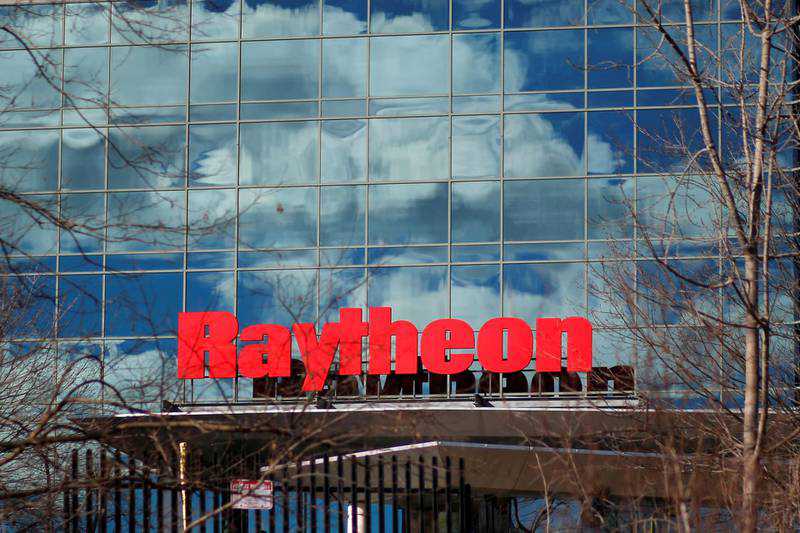US awards Raytheon $2bn contract to develop new nuclear cruise missile
03 July, 2021

Raytheon Technologies was awarded a contract worth as much as $2 billion to develop a new nuclear cruise missile, the first major Biden administration move to field replacements to America’s aging nuclear arsenal, the Pentagon said.
The Air Force plans to buy up to 1,000 Long-Range Standoff Weapons to replace the Air Launched Cruise Missile first fielded in 1982. The new weapon, if fielded, would be carried on B-52 and B-21 bombers.
The Air Force contract indicates that modernising the nation’s Cold War-era capacity to deliver nuclear weapons by air, land and sea remains a key Pentagon priority under the Biden administration after it was jumpstarted by President Barack Obama and continued by President Donald Trump.
The next-generation cornerstones of the so-called nuclear triad are the Navy’s Columbia-class submarine, the Air Force’s new ICBM known as the Ground-Based Strategic Deterrent and an upgraded nuclear command and control infrastructure.
Work on the new cruise missile will be performed in Tucson, Arizona, and is expected to be completed in early 2027. It will form the basis of a production decision later that year, the Air Force said Thursday. The missile would be paired up with a new W80-4 warhead under development by the Energy Department’s National Nuclear Security Administration.
In its latest review of long-term triad costs, the Congressional Budget Office estimated in May that if carried out, the Pentagon and Energy Department’s nuclear forces plans would cost a total of $634bn through 2030. The Air Force declined to release the new cruise missile’s development and procurement cost estimates.
The contract “marks our next step in finalising development, fully maturing our manufacturing techniques, and proving” the new missile meets its “operational requirements,” Air Force programme manager Elizabeth Thorn, said in a statement.
Waltham, Massachusetts-based Raytheon and Lockheed Martin were developing competing designs for the cruise missile during an earlier “technology maturation and risk reduction phase.” The Air Force last year decided to proceed with Raytheon “after an extensive evaluation of contractor programmatic and technical approach,” the service said.
The contract award was made even as the Pentagon launches a new Nuclear Posture Review, which could revive debate about America’s nuclear strategy, the types of weapons that should be procured and their costs.
“At the moment, I don’t think we should take anything completely off the table” in terms of systems that should be reviewed, Representative Adam Smith, the Democratic chairman of the House Armed Services Committee, told reporters this week. “I would support spending the least amount of money” on the new missile during the review “to keep our options open, depending on what the president decides,” Mr Smith added.
The Government Accountability Office warned last year that the National Nuclear Security Administration was sticking to a September 2025 first delivery date for the W80-4 warhead in spite of program risks.
NNSA, which manages the development of US nuclear weapons, did a credible job developing the program’s cost estimate but “has introduced potential risk” by adopting “an unrealistic” first delivery date “that is more than 1 year earlier than the date projected by the program’s own schedule risk analysis,” GAO said.
Source: www.thenationalnews.com
